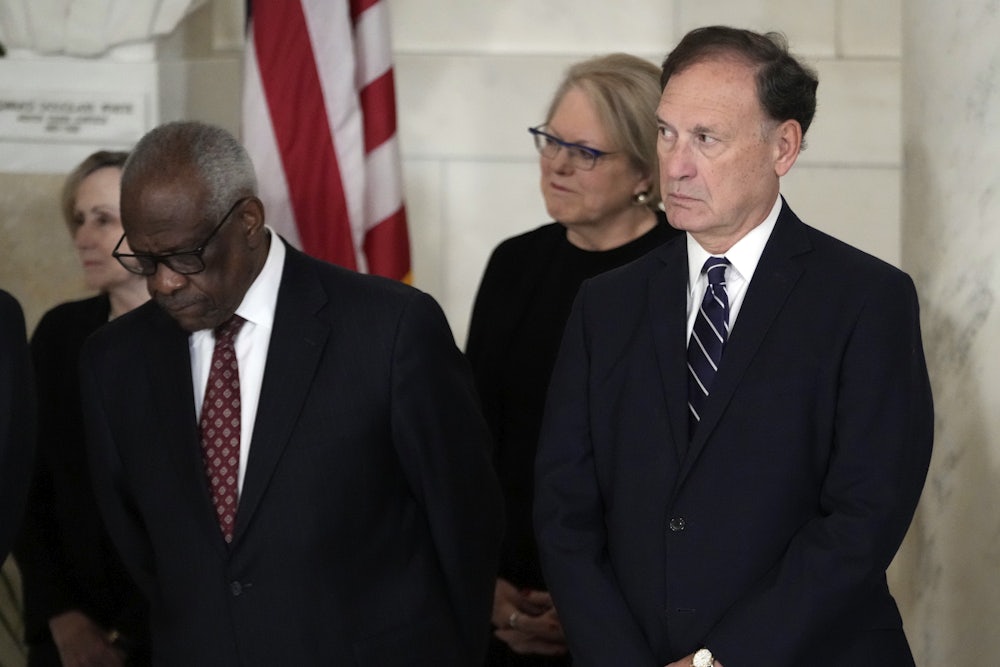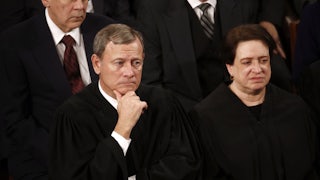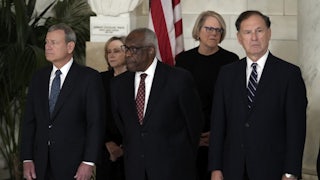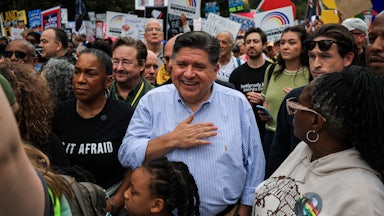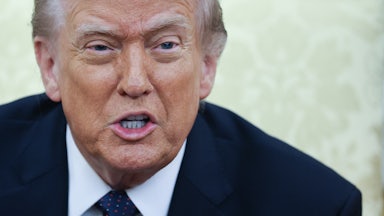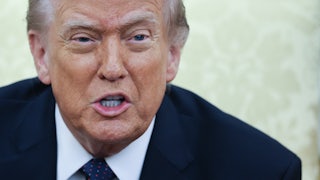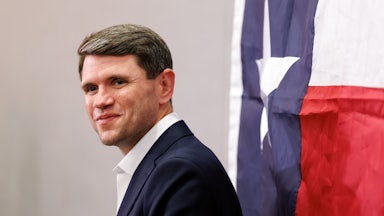Earlier this month in Washington, D.C., an exclusive gala for the Supreme Court Historical Society took place—a black-tie event designed to preserve the court’s history and educate the public about its role. The media was notably absent, with only paying members granted access. Among the attendees were Supreme Court justices, including Chief Justice John Roberts and Justice Samuel Alito.
Enter Lauren Windsor, who, under the guise of a Catholic conservative, mingled with the attendees and secretly recorded conversations with Roberts and Alito. The recordings soon became headline news, particularly for Alito’s remarks suggesting a need to return the country to “a place of godliness.” Windsor’s methods sparked a fierce debate, with critics arguing that her tactics were ethically questionable.
Tom Jones at Poynter recently published a piece titled, “Was it unethical to secretly record Supreme Court Justice Samuel Alito?” The article scrutinizes Windsor’s undercover recordings of Alito and Roberts at the gala, questioning whether Windsor’s methods align with traditional journalistic ethics. Jones, supported by Poynter’s Kelly McBride and Al Tompkins, argues that Windsor’s tactics—deceiving her subjects and recording them without consent—are ethically dubious.
“Is there ever a time when it’s OK for a journalist to deceive somebody?” asks McBride, Poynter’s senior vice president and chair of the Craig Newmark Center for Ethics and Leadership. “I would never say never, but I have yet, in 20 years of offering ethics advice, seen an instance that I would say it is justified.”
McBride goes on to refer to the recording as “ill-gotten.” Tompkins, a broadcast journalism teacher at Poynter and a former TV news director, says Windsor “styles herself as a documentarian, but she’s really an activist.”
Other media experts spoke out against Windsor in an article published in The New York Times, with University of Minnesota media ethics and law professor Jane Kirtley telling the paper, “I think it’s fair to say that most ethical journalists deplore those kinds of techniques.”
Kirtley makes a good point. “Those kinds of techniques,” which is to say hidden camera work that involves presenting yourself in a deceptive manner, certainly are frowned upon. Indeed, groups like the Society of Professional Journalists say as much in their Code of Ethics. SPJ’s code stipulates that journalists should “avoid undercover or other surreptitious methods of gathering information unless traditional, open methods will not yield information vital to the public.”
Inevitably, Windsor’s tactics have drawn comparisons to those of James O’Keefe and his right-wing-sting Project Veritas operations. There are crucial differences, however. While O’Keefe would typically target low-level employees and volunteers at organizations deemed by P.V. to have a liberal slant, Windsor goes after big names who are undeniably public figures like Alito, John Roberts, Glen Youngkin, Jim Jordan, and Mike Pence. Additionally, Windsor’s videos are presented unedited and in context, which is something that can’t be said for O’Keefe’s work.
But in this case, there’s certainly a strong argument to be made that this is an example of a time when “traditional, open methods” would not have yielded “information vital to the public.”
Writing at the San Francisco Chronicle, media ethicist and professor of journalism at UC Berkeley’s Graduate School of Journalism Edward Wasserman argued that Windsor’s deception was justified:
Here is a powerfully influential Supreme Court justice. He’s speaking to an adoring young fan in his own words, not his [clerks’]. And he’s conveying profound skepticism about the possibility of social compromise while concurring with a vision of the court as an instrument of a nearly messianic purpose.
The battle to preserve privacy needs to be fought vigorously. But the country’s highest court is a mighty institution with uniquely secretive inner workings. We aren’t allowed to know what Justice Alito says to clerks or colleagues while he writes opinions that shape the lives of millions. That’s why we’re entitled to hear what he said, in an unguarded moment, to a deceptive reporter.
As Wasserman says, given how secretive the Supreme Court can be, Windsor’s recordings offer a rare glimpse into the personal beliefs of a justice whose decisions impact millions. Alito’s comments about returning the country to a place of godliness provide valuable context about his judicial philosophy.
What if a liberal justice were to be the victim of a similar hidden camera sting? What if, for instance, this were to set a precedent in which Justice Ketanji Brown Jackson suddenly becomes the target of hidden camera trickery? Frankly, I think that as was the case with Roberts, there would be relatively little of note that would come out of a hidden camera interview between one of the liberal justices and a complete stranger. The reason Alito’s disclosures were newsworthy is specifically because he is an extremist, an outlier who threatens the core values of the republic.
Ultimately, the public interest should be the guiding principle in journalism. Regardless of how they were obtained, Lauren Windsor’s recordings shed light on the beliefs of a Supreme Court justice—information that the public has a right to know. Focusing on whether Windsor fits a traditional definition of a journalist detracts from the more pressing issue of Supreme Court transparency and accountability.
This situation is particularly significant because Alito is one of the most powerful individuals in the country, if not the world. His decisions and opinions have far-reaching consequences for American law and society, impacting millions of lives. The public should know when someone in such a position holds extreme views that might influence their judicial rulings. The gravity of Alito’s role amplifies the importance of transparency and accountability, making Windsor’s revelations not just relevant, but essential.
